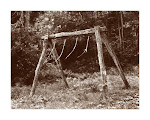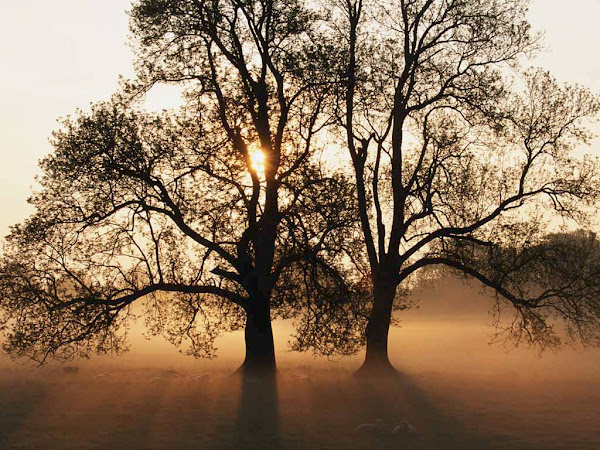The Beauty of the Flaw
The Wound has left its imprint John O’Donohue
My tradition of faith has taught me much. I am so grateful for the love of sacred writ, the excessive favor of the Father, the assurance of faith, and the fellowship of saints. However, I was also invited to experience God in ways that now seem full of presumption and projected requirements upon God. I prayed. I experienced God in one situation. Why would not all my prayers have some kind of shelf life to them before the seal was broken and the answers poured forth. Time, it now appears, is deeply in collusion with the Healer. Time is a companion that continues to edit and do great surgery to my lexicon of faith and spirituality. Words and descriptions that I wrapped around experience at some point proved to be unable to carry and illuminate the true import of life’s events.
It is not clear to me whether I am genetically prone towards depression or whether I am merely aware of the grandiosity of grace given my true estate. In recent years I had decided to make my secret weeping more public and at times I am haunted by my own brokenness. Why would I choose to chronicle this litany of ashes? What is the motivation that chants the liturgy of mourning? Why remain vulnerable when it appears to preclude the accolades my soul desires? Is it the dark providence released in this vulnerability that continues to bring me to this place? All of life has been an intervention.
John O’Donohue, a recently deceased poet and aesthetic philosopher, speaks of a “refined interiority” that comes with those willing to take the inner journey, the road less traveled. I am so tempted to define myself from the outer most reaches of my soul. I am what I own. I am how I look. I am what I know. I am who I know. If anything, this penchant for excessive yearning must point to a need. A need so profoundly planted within the core of my being that I have only two choices. Live or die. As we enter the limitedness of our form, we suddenly encounter the cold clarity of our ultimate demise and the insistence of the heart to call forth beauty from the flaws.
Now even our death is embraced in the dark providence of suffering. We often see affliction and death through the awful outer circumstances that usher in the end. But beneath and within is a prevailing grace and a final reminder that we are more than we seem.
Just recently my father passed on to the next realm. Towards the end it was clear to me that his body was engulfed in his soul and not the reverse. After years of discerning primarily through the mind and body, it was now evident that his soul was preeminent in the naming and descriptions of his swan song. The final frontier of death was all that lay ahead of him. As much as his body was worn and weary, his resilience was an anticipation of the final gathering up of things and a welcoming of the crossing. “Behold I am making all things new.” He heard the Savior’s voice and now even the shadows of his final days could not damper his enthusiasm.
As much as he longed for the new, it was his memories of his life that awakened this longing full bloom. O’Donohue said, "Memory is the place where our vanished days secretly gather.” This final harvesting took all that hurt him, all that diminished him in his own eyes, all that spent his life energy and through his memoires pointed to the resurrection. He did not and could not see suffering and death as the final reversal and unraveling of this mystery called life. Now, more than ever, the shame and condemnation were loosened and he heard the sentries guarding the outposts of heaven chanting his welcoming. He would continue on as himself. How all the flaws would make it into this next land was not a worry. Somehow he and the Savoir had created a life of companionship and he welcomed his own vanishing. I watched him become more beautiful as he neared the Kingdom. I too forgot his flawed estate and limitations and saw the radiance of the eternal blush his cheeks. I want to pass this way.





